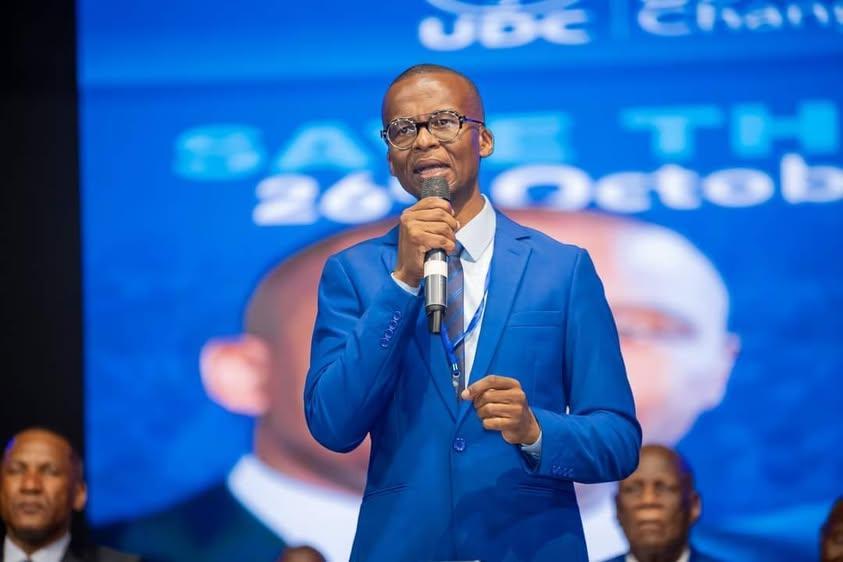Africa-Press – Botswana. While the recent devaluing of the Pula on the exchange rate has divided opinion, Vice President, Ndaba Gaolathe maintains the move was necessary to prevent the economy’s total collapse.
Addressing parliament on Wednesday, Gaolathe, who also serves as Minister of Finance, said that if government had delayed any longer, it might have been too late to save what is left of the economy.
“I know that these changes have sparked frustration, even anger, among many who ask if the government understands the pressure on livelihoods. Let me assure this nation that I do and we do. These are not abstract and theoretical concepts; they directly affect everyday essentials such as groceries, fuel, and other basic needs. I want to assure you that this policy is not about sacrifice for its own sake, rather, it serves as a protective measure and shield against economic collapse,” said Gaolathe.
On 10 July, in a bid to preserve foreign exchange reserves and support economic performance and growth, the Ministry of Finance and Bank of Botswana (BoB) announced adjustments to the Pula exchange rate policy parameters. These changes include an increase in the annual rate of crawl [the amount at which the exchange rate is allowed to gradually depreciate or appreciate] from 1.51 percent to 2.76 percent. It is hoped this will enhance the international competitiveness of domestic producers’ goods and services, while keeping inflation within the medium-term objective of 3 – 6 percent.
– Advertisement –
Gaolathe revealed the adjustment is already bearing fruits, with commercial banks’ foreign exchange purchases from BoB now at around P290 million – down from P1.2 billion a week.“This decline reflects the increased cost of accessing foreign exchange from the central bank. The reduced volume of foreign exchange trading between the BoB and commercial banks is a positive development, aligning with the Bank’s objective of preserving foreign exchange reserves. The changes are meant to shield this country from a far more devastating outcome where we are not able to pay for imports, a situation where we can’t afford fuel, food, or medicine, where banks run dry and where the poor pay an even higher price,” said Gaolathe, once again stressing government are acting in Batswana’s best interest.
For More News And Analysis About Botswana Follow Africa-Press






